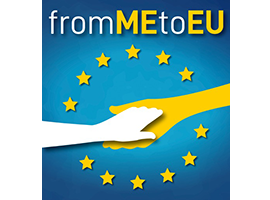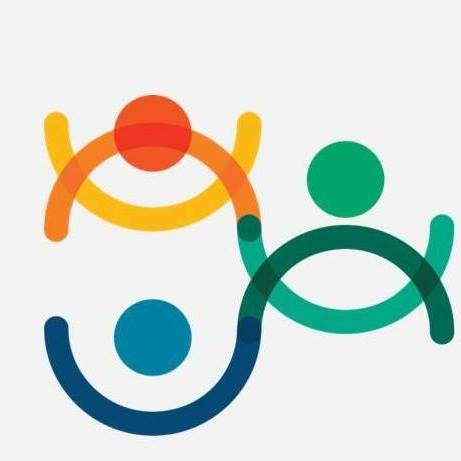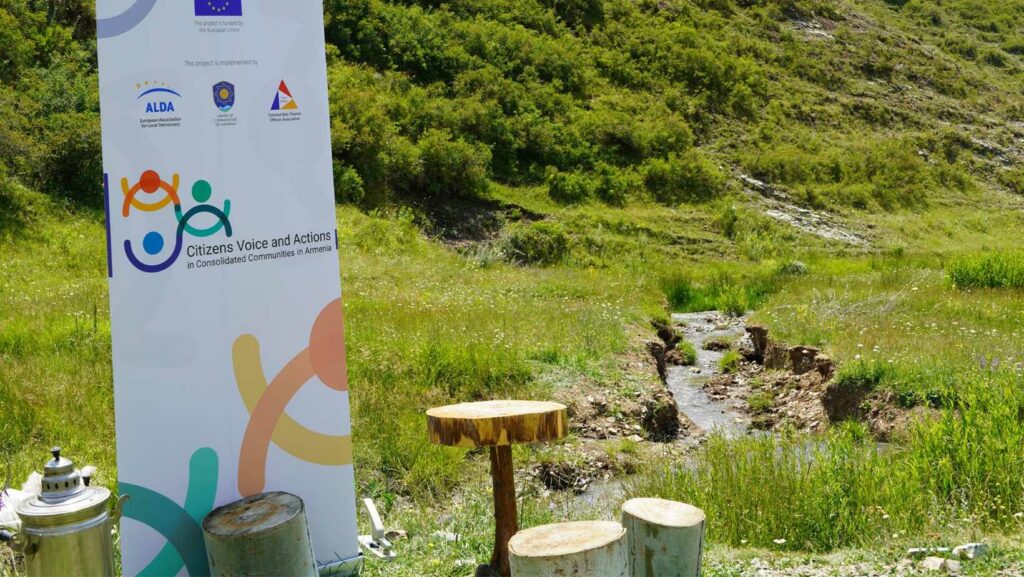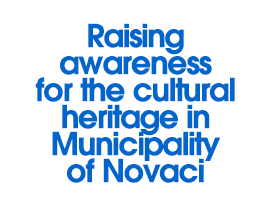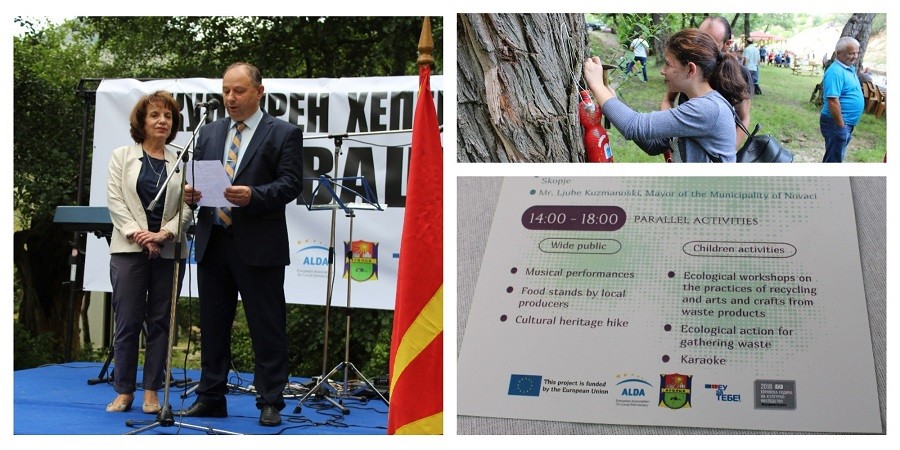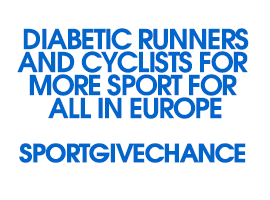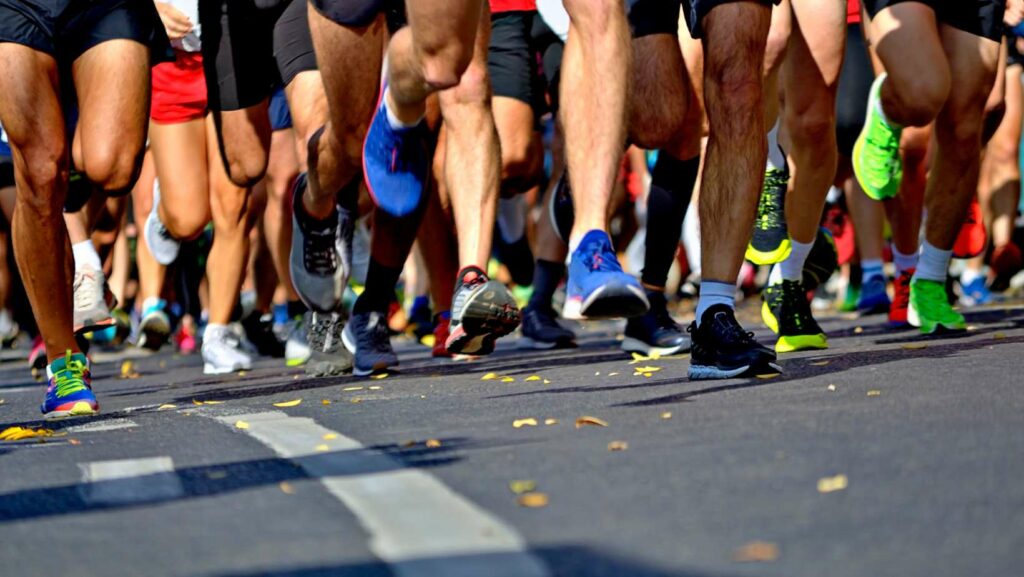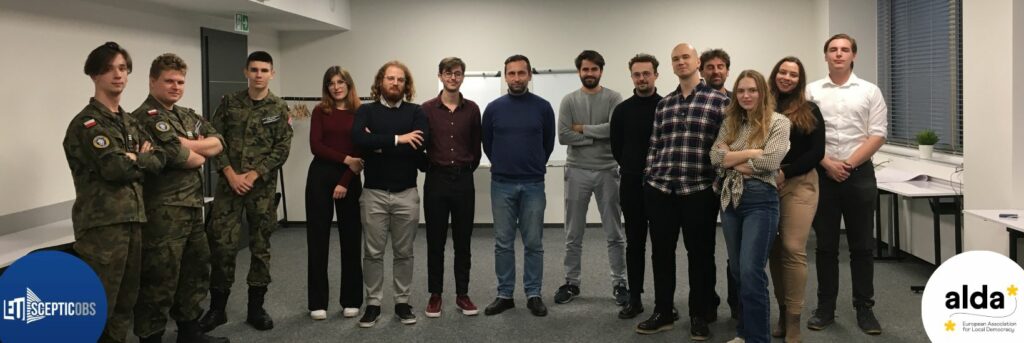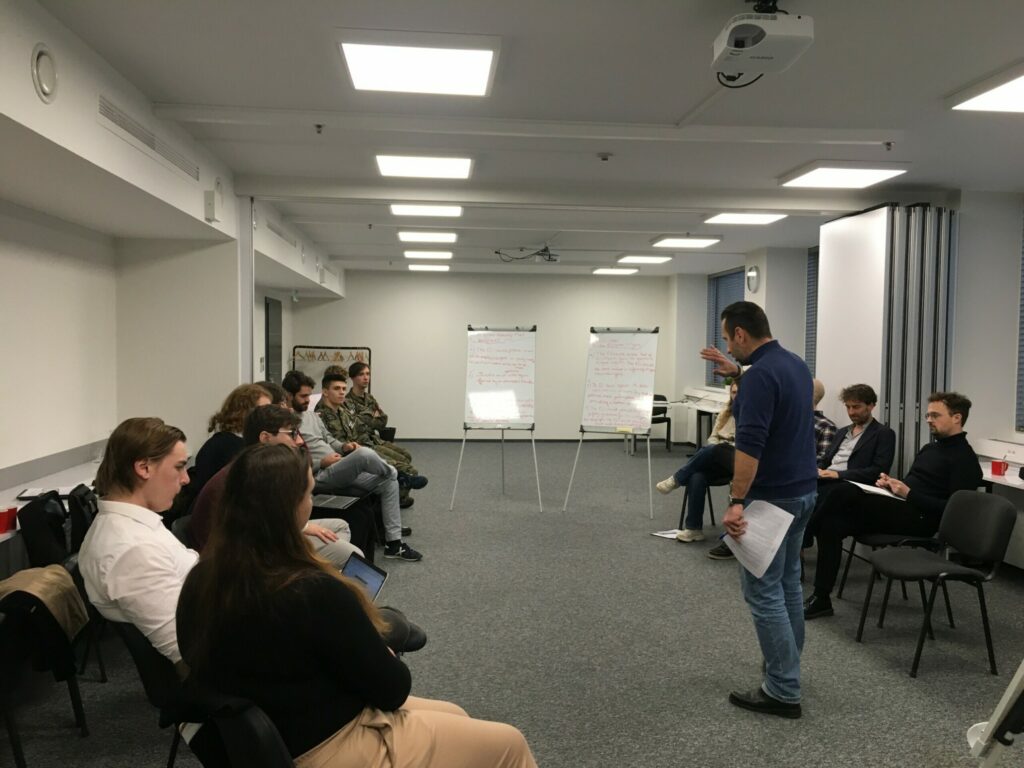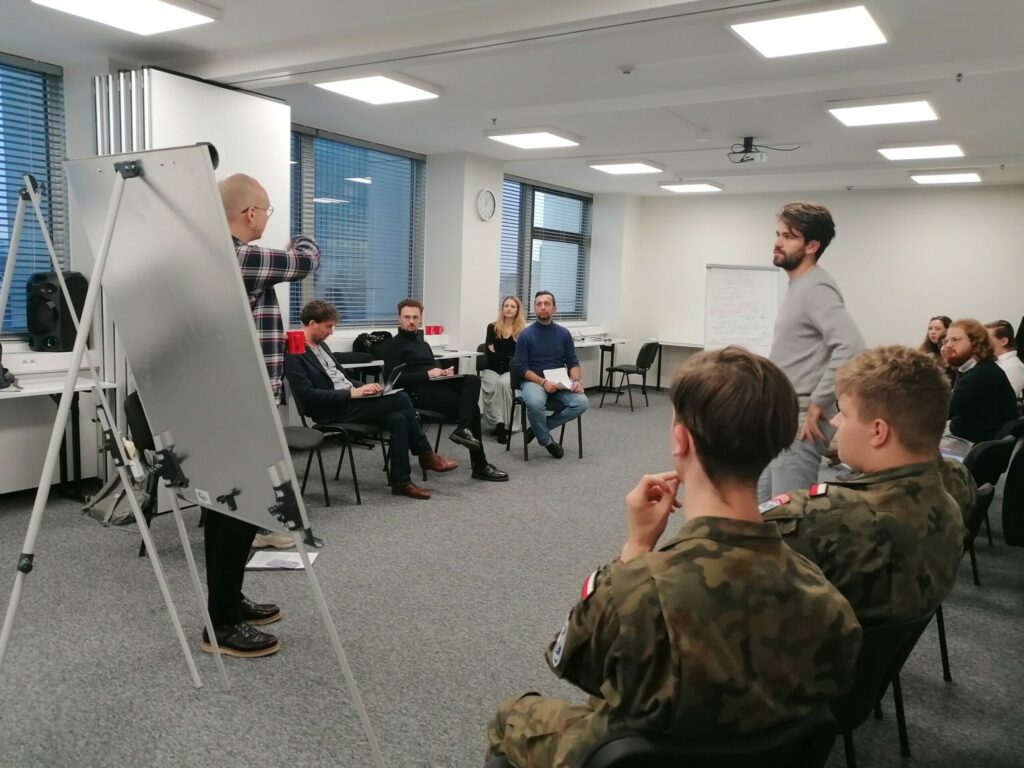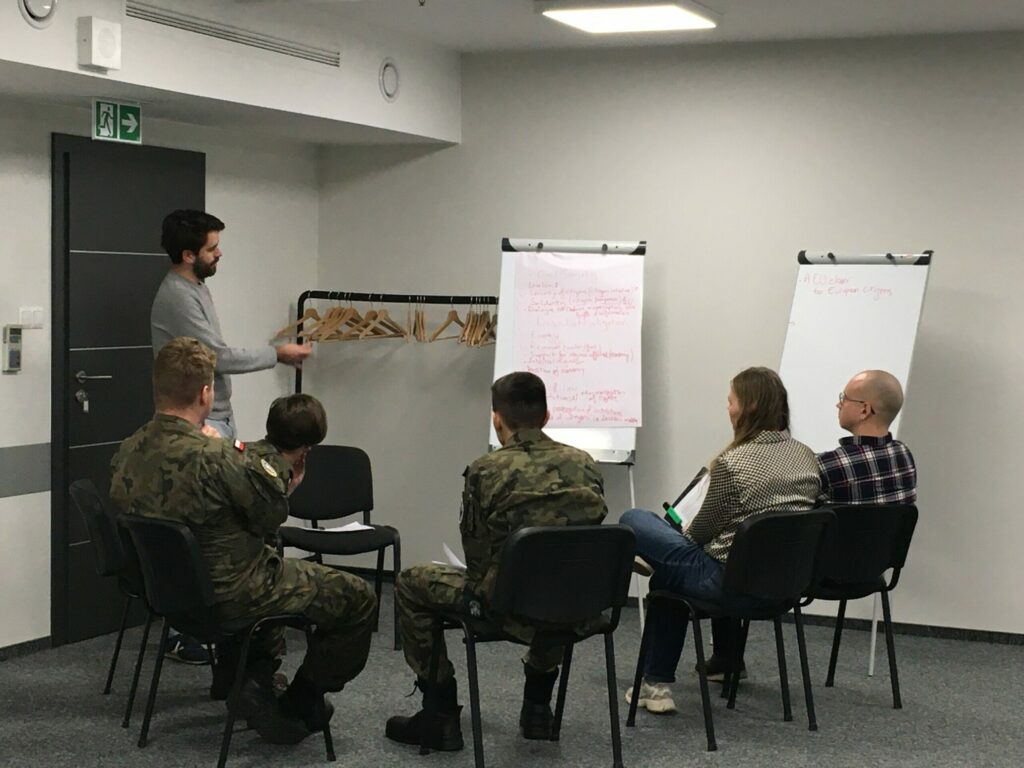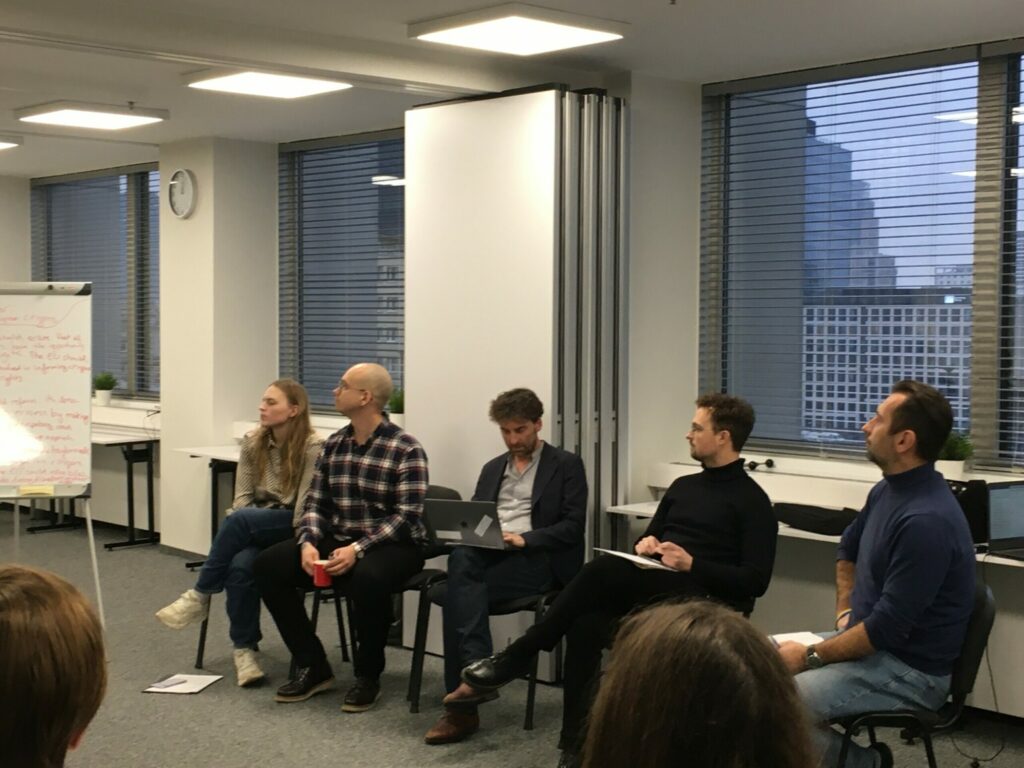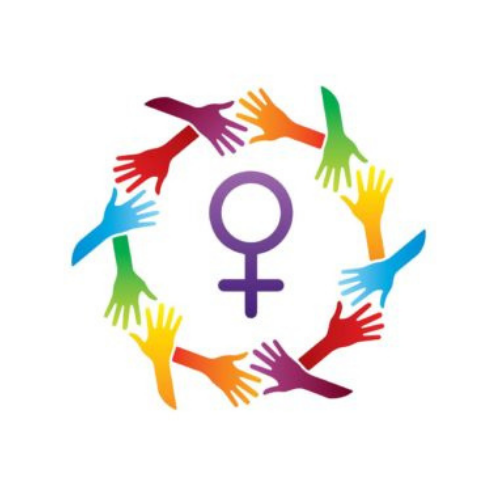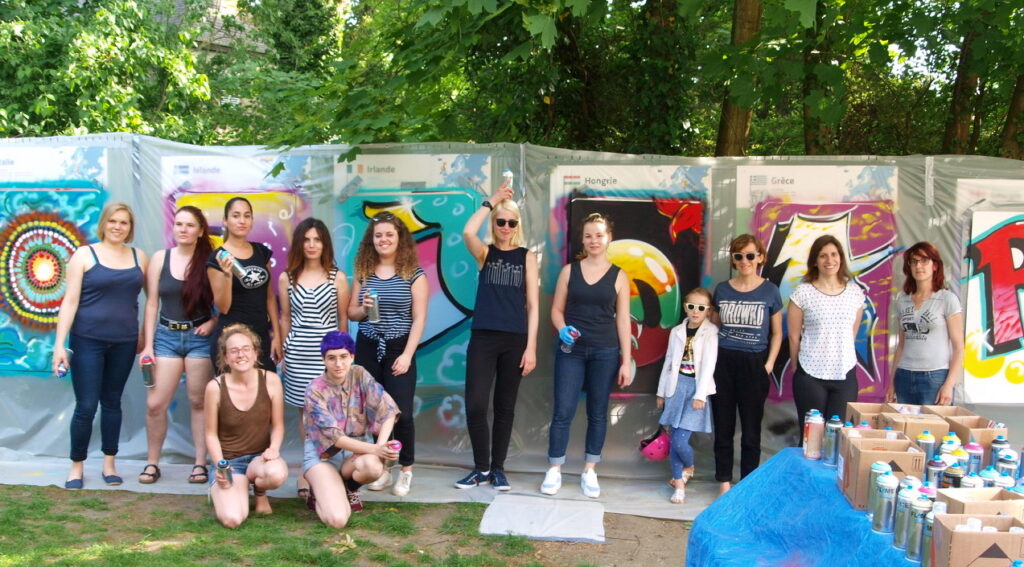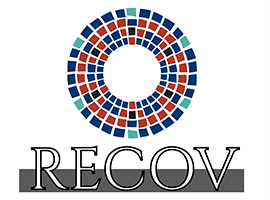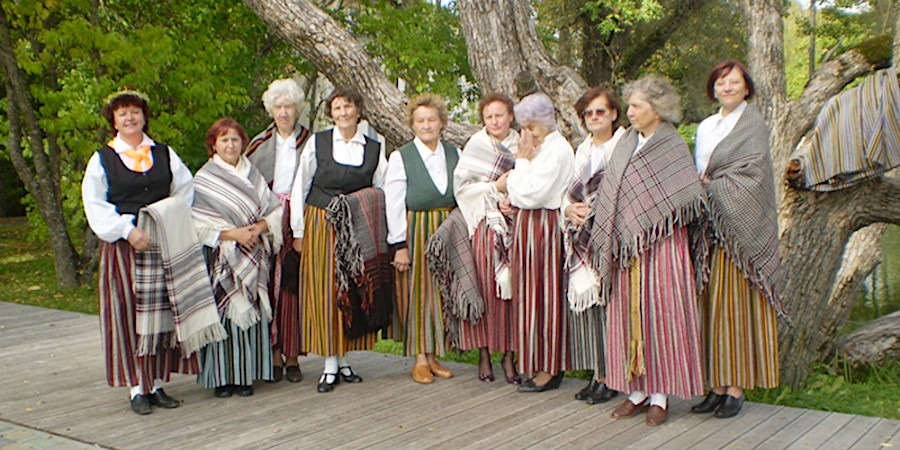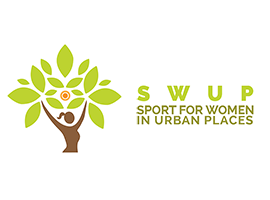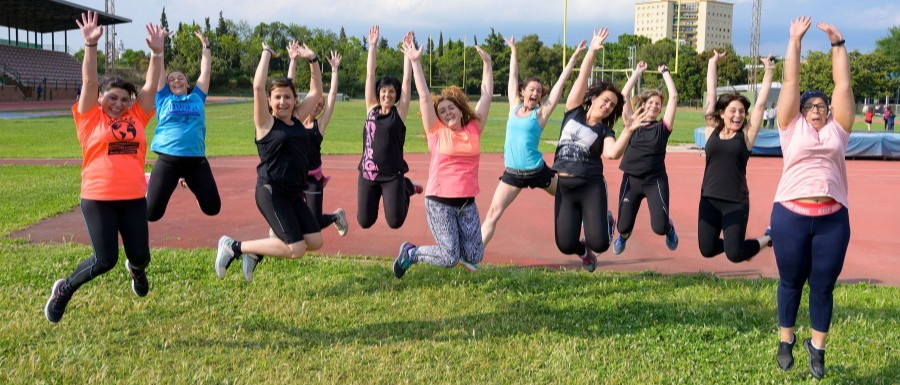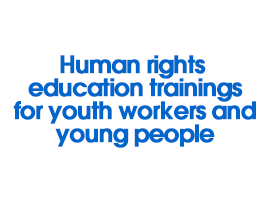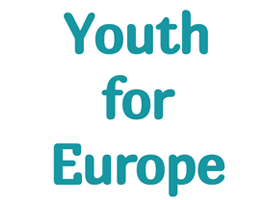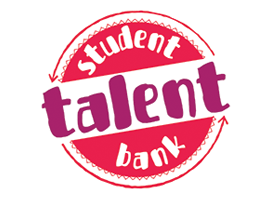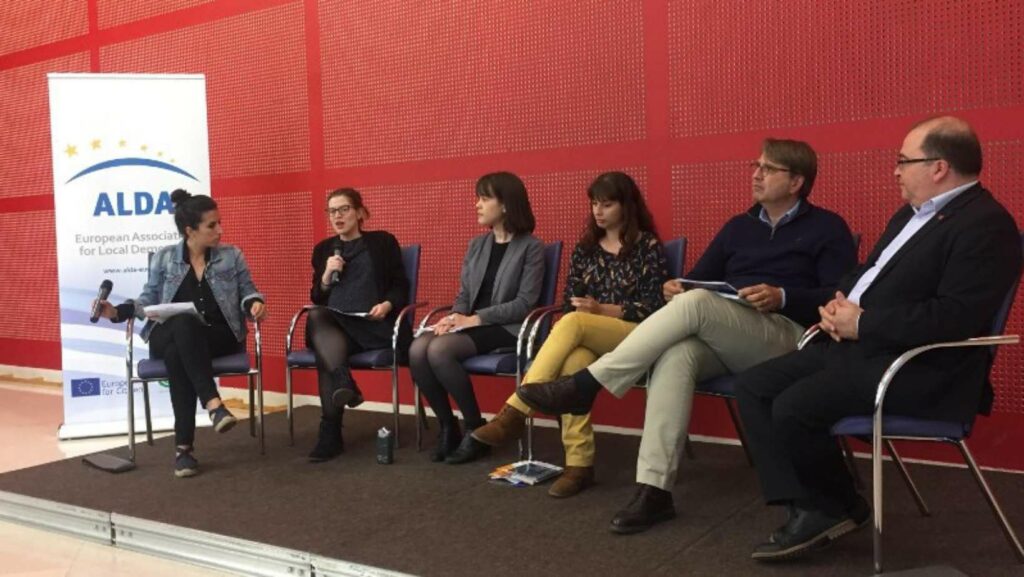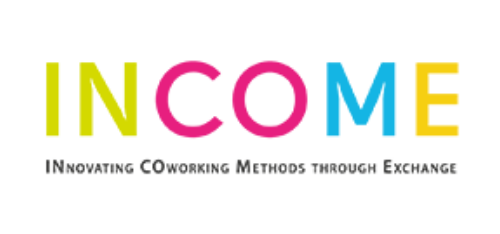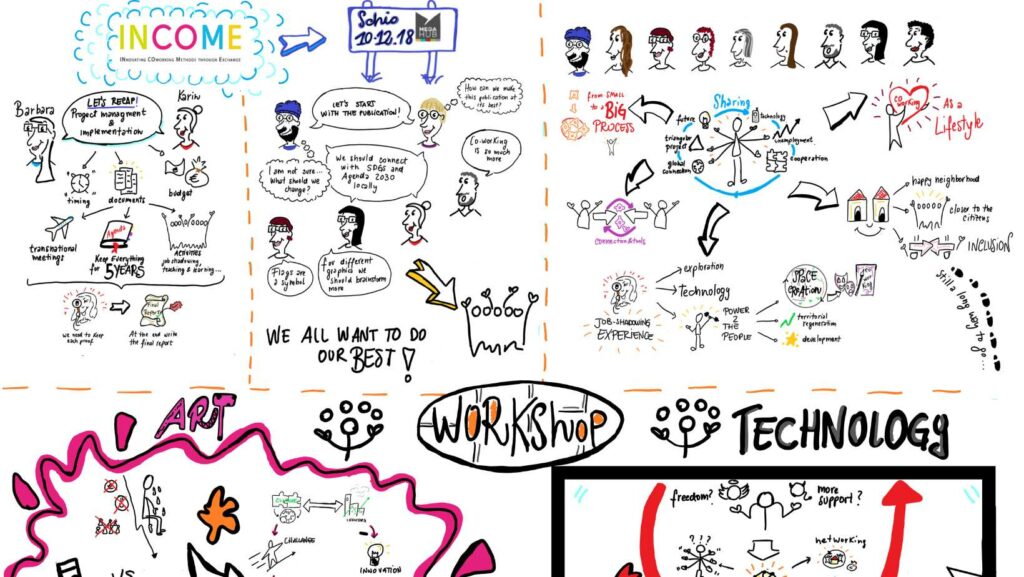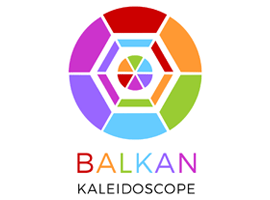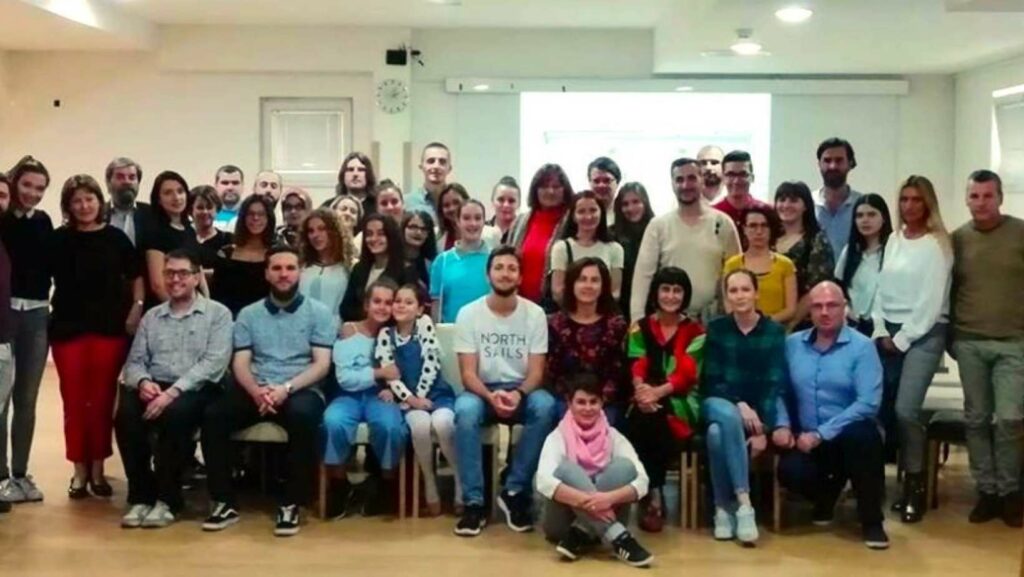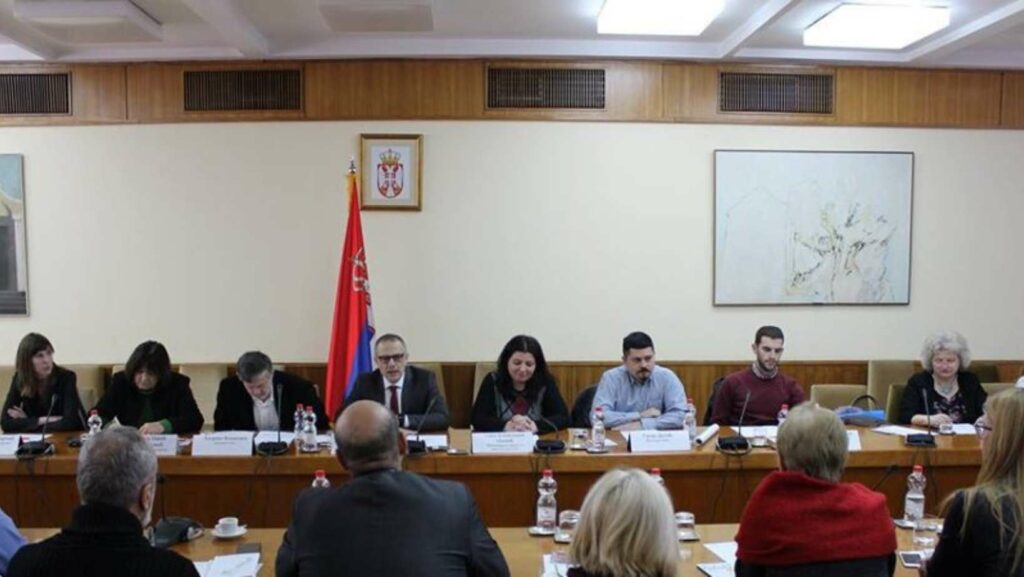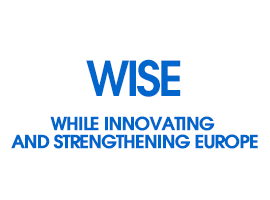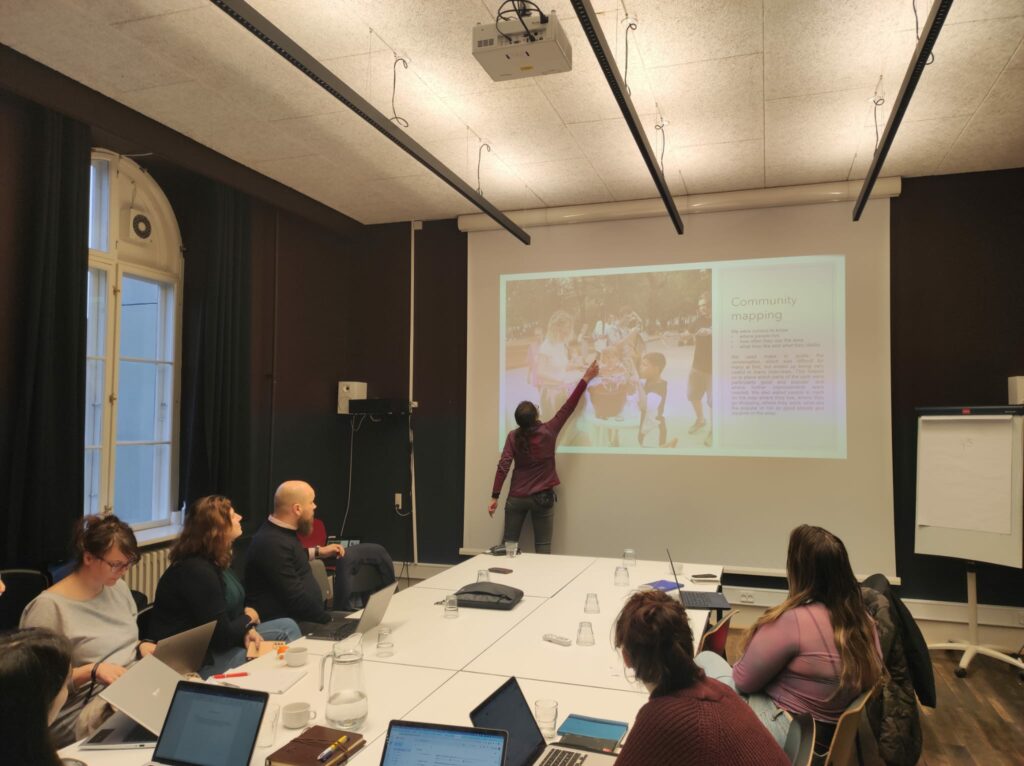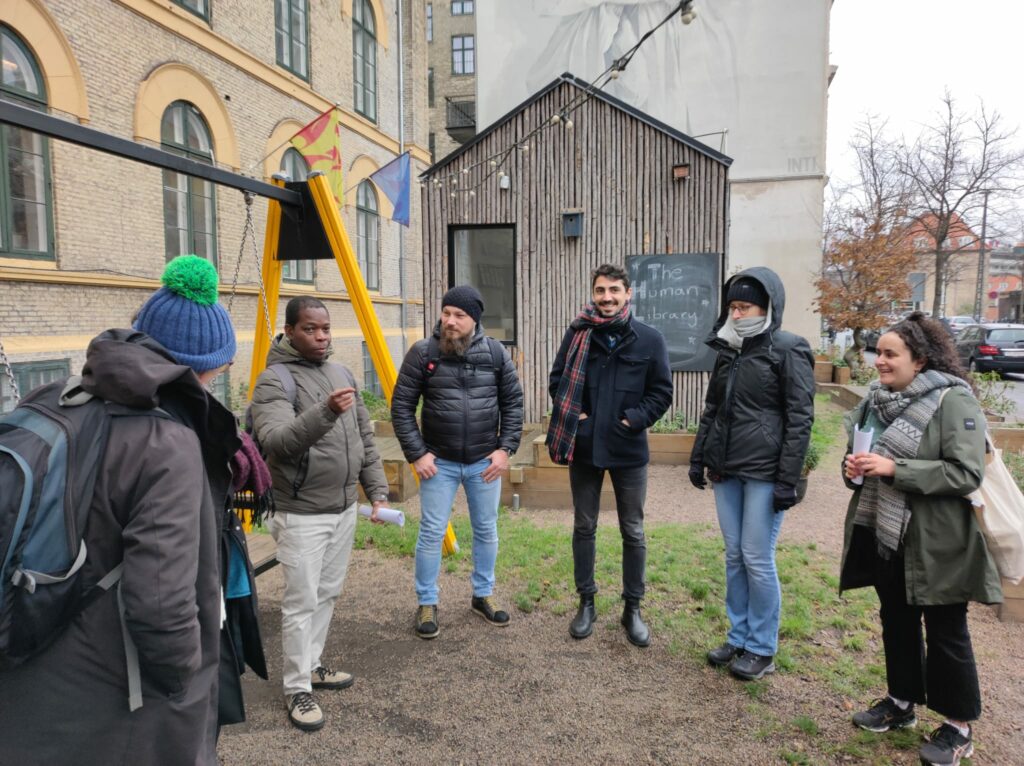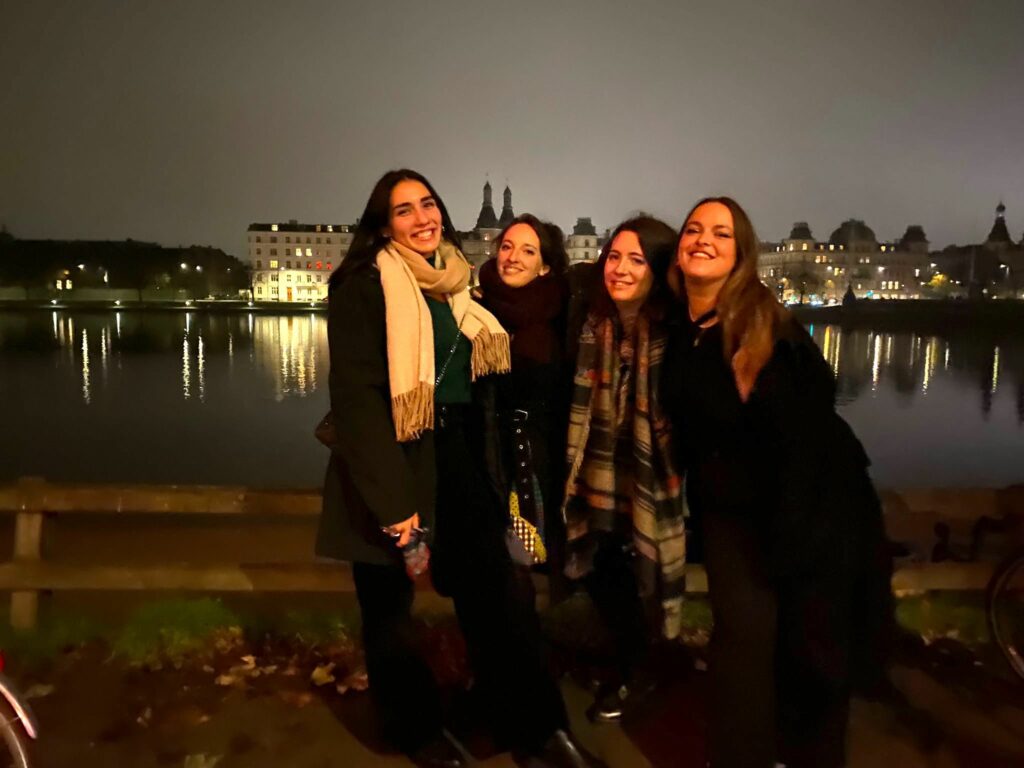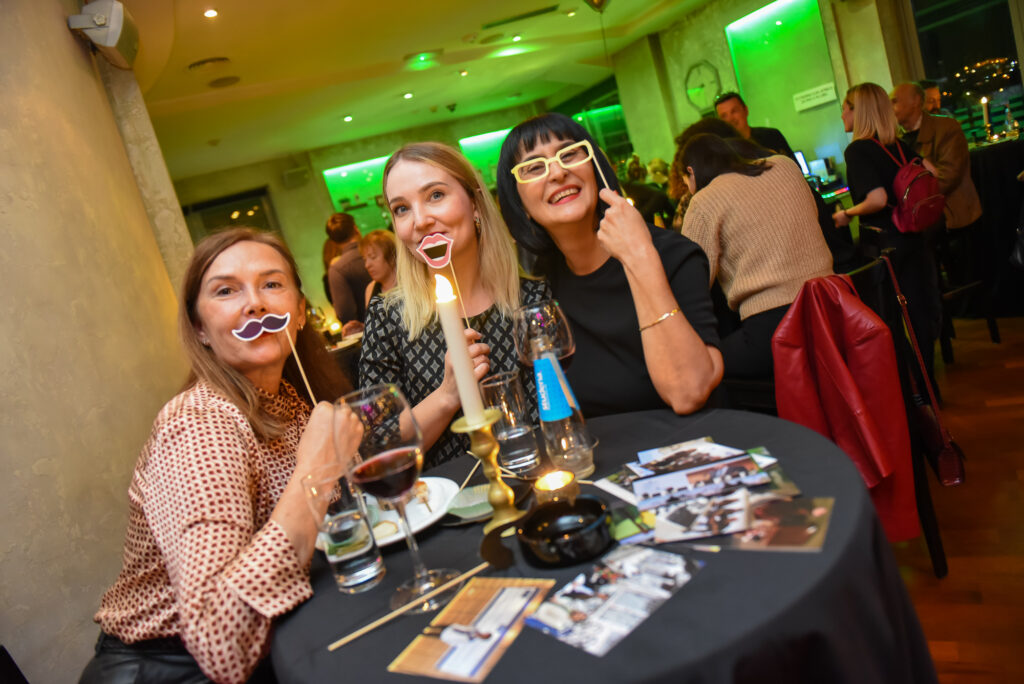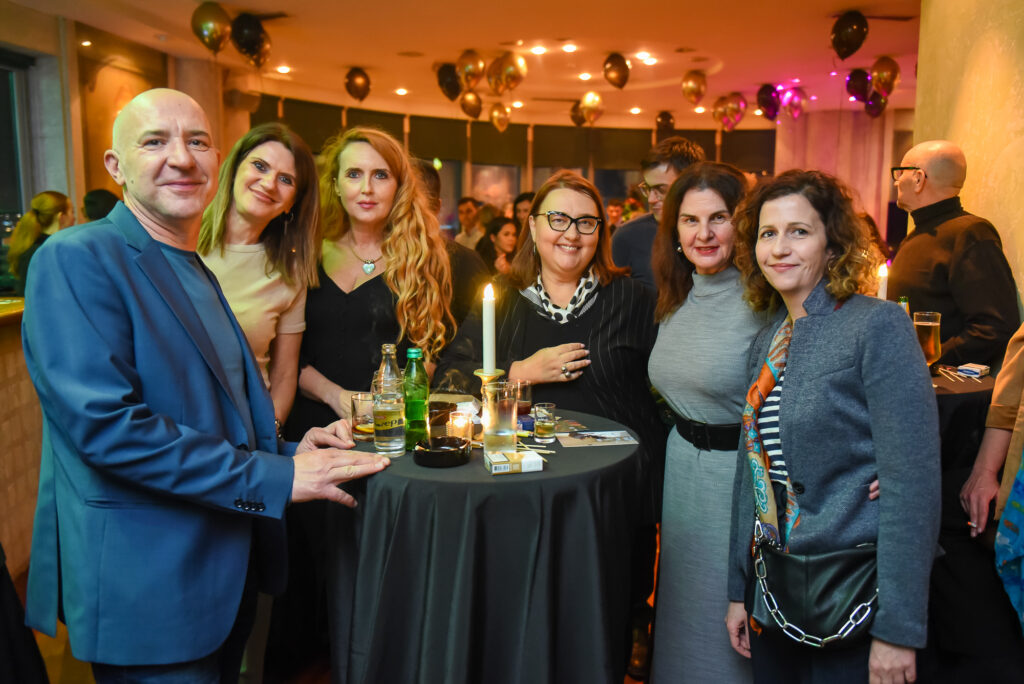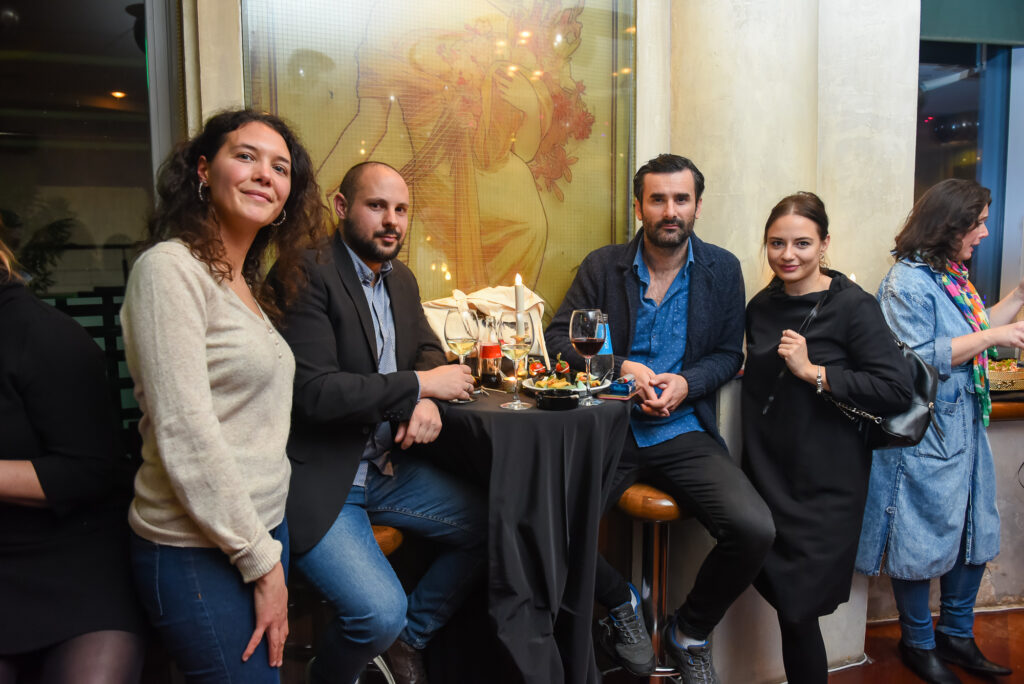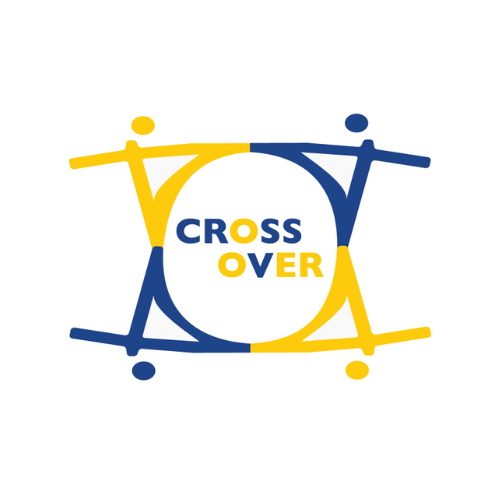
AT A GLANCE
In the light of 2019 European elections, Cross Over focused on fostering participation in the European Parliament elections and active engagement in the EU community life, by improving conditions for democratic civic commitment. The project was designed to address one of the main priorities listed under the Commission 2018 Work Programme for the Implementation of Europe for citizens programme: debating the future of Europe and challenging Euroscepticism while nourishing a widespread sense of belonging to the EU space.
The project gathered 14 partners from 11 countries, divided into two groups: the first consisted of organisations based in EU member states where the participation in 2014 European Parliament elections was lower, such as, Czech Republic, Croatia, Hungary, Poland, Slovenia, and Slovakia; the second group is composed by partners located in EU member states with the highest levels of participation: Malta, Italy, Denmark, and Sweden.
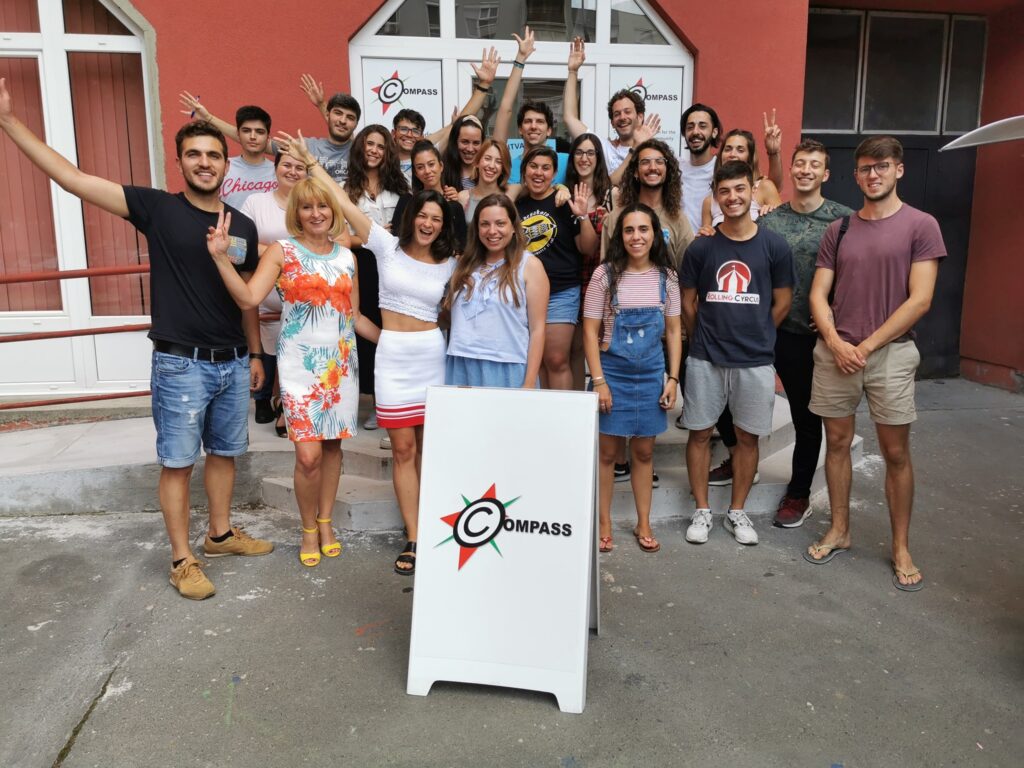
OBJECTIVES
- Increase transnational information and sensitivity towards voting as the most powerful tool to be actively part of the EU;
- Challenge Eurosceptic views based on a deeper knowledge and constructive debate towards the EU;
- Foster a critical understanding of the European context as a common good;
- Create networks pursuing assertiveness of active citizenship
